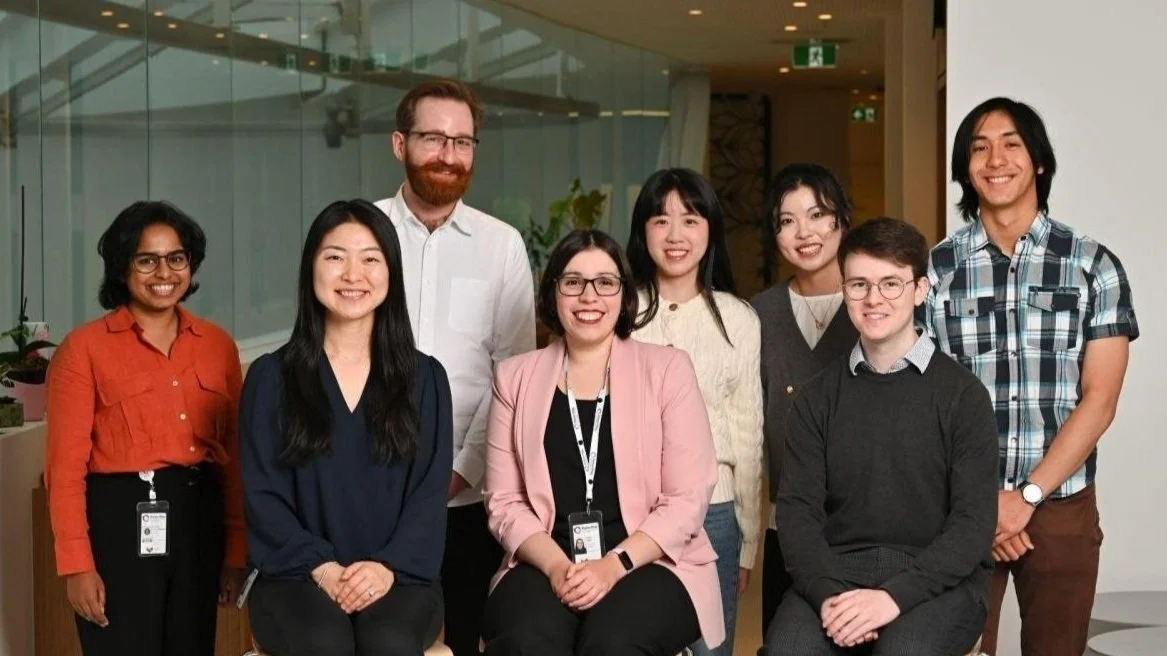Cancer researchers level up their high performance computing
Researchers investigating cancer evolution and treatment resistance have successfully leveraged the Australian BioCommons Leadership Share (ABLeS) program to expand their high-performance computing (HPC) capabilities.
A group within the Computational Biology Program at Peter MacCallum Cancer Centre, led by Dr Anna Trigos, were offered guidance and access to national HPC resources through ABLeS. The Trigos Lab was supported to begin utilising the Pawsey Supercomputing Research Centre which significantly enhanced the lab's computational prowess.
The ABLeS experience helped the researchers to gain proficiency working portably across multiple large HPC environments, including a better understanding of the differences between their on-premise HPC and Pawsey’s Setonix, different scratch storage limitations, the portability and reproducibly benefits of setting up and utilising containers and Conda on HPC, as well as improving data management skills.
Members of the Trigos Lab Research group
The work served as a crucial feasibility study, providing insights that paved the way for the Trigos Lab to formally integrate external HPC resources into their research workflows. It also provided a vital head start for success in the competitive National Computational Merit Allocation Scheme.
Anna explained, “My team could demonstrate they could set up, test, benchmark, and optimise Nextflow pipelines critical for ongoing data processing. This experience put us in the right position to submit our first application for national compute, which was successful.”
Sharing her experiences with other ABLeS participants at the recent ABLeS User Meeting, Anna was happy to report the success of her Honours student David Le, whose analysis and simulation of 3D spatial cancer tissue data benefited greatly from the increased computational power.
The Trigos Lab focuses on understanding treatment resistance and response through the lens of both cancer evolution and ecosystems. While their primary focus is on multiple myeloma and prostate cancer, they also apply their methods to other cancers. They utilise omics data, including genomics, transcriptomics, epigenomics, and single-cell data, as well as patient imaging. Their methodology incorporates bioinformatics, computational biology, engineering, statistics, deep learning, and now HPC.
Learn more about Anna Trigos’ Multi-omic Evolution and Ecosystems Lab
Learn more about the Australian BioCommons Leadership Share (ABLeS)

